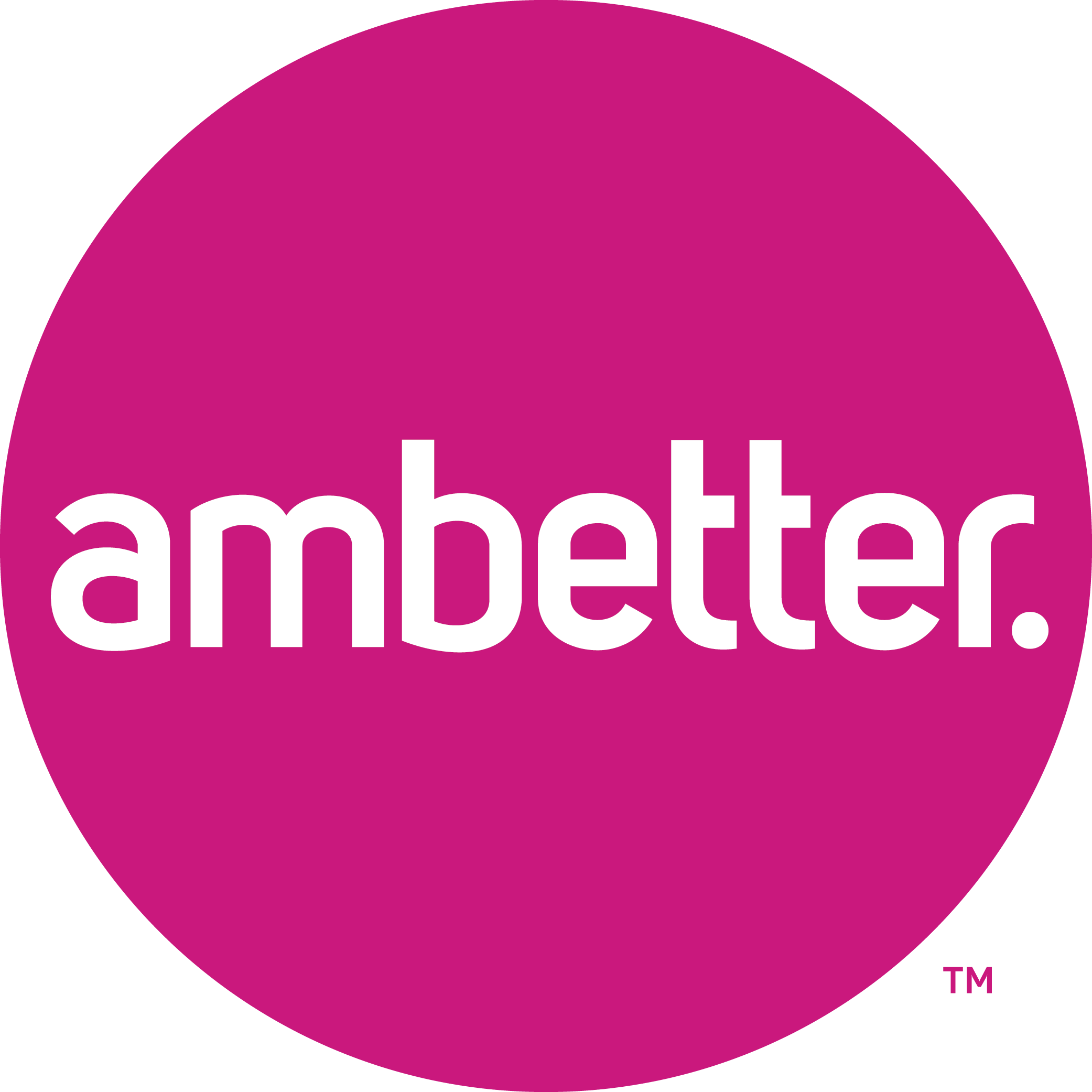Available at:
In recent years, the mental health field has undergone a transformative shift toward utilizing technological advancements to provide effective and accessible treatment options to all affected individuals. One area that has witnessed remarkable progress is the utilization of telehealth platforms for addressing post-traumatic stress disorder (PTSD). Banyan Treatment Centers has been at the forefront of this movement, harnessing the power of telehealth for mental illness to offer comprehensive and impactful online PTSD therapy. This article explores the significance of telehealth for trauma recovery, highlighting the benefits of PTSD telehealth treatment, online support groups, and trauma therapy through telehealth tools.
What Are Trauma Disorders?
Trauma disorders, or trauma-related disorders, are a group of mental health conditions caused by exposure to traumatic events. Common traumatic events include actual or threatened death, serious injury, sexual assault, exposure to a natural disaster, or a threat to the physical or psychological well-being of an individual or others.
These events can induce intense feelings of fear, helplessness, or horror. Trauma disorders are marked by a range of symptoms that can impact a person’s thoughts, emotions, behaviors, and overall functioning. Some common trauma disorders include:
- Post-Traumatic Stress Disorder (PTSD)
- Acute Stress Disorder (ASD)
- Adjustment Disorders
- Reactive Attachment Disorder (RAD)
- Disinhibited Social Engagement Disorder
- Complex PTSD (C-PTSD)
- Other Specified Trauma- and Stressor-Related Disorder (OSFED)
PTSD is perhaps the most well-known trauma disorder. It can develop after experiencing or witnessing a traumatic event. Common PTSD symptoms include intrusive memories, nightmares, flashbacks, and intense distress when exposed to the triggers of the trauma. Although it is the most well-known of trauma disorders, our facility treats more than just PTSD.
Telehealth for Trauma Disorders
Telehealth, also known as telemedicine or teletherapy, refers to the use of digital tools and technology to provide healthcare services remotely. This approach has proven particularly valuable in the context of trauma recovery, where individuals might face barriers like geographical constraints, mobility issues, or personal preferences to accessing traditional in-person therapy. Our PTSD online therapy allows therapists to provide evidence-based services to individuals dealing with trauma disorders, regardless of their physical location.
The Benefits of Telehealth PTSD Treatment
- Accessibility: One of the most significant advantages of telehealth trauma therapy is its accessibility. Individuals who live in remote or underserved areas can access specialized trauma therapy without commuting long distances. This is especially beneficial for trauma survivors who might find it challenging to leave their comfort zones or have triggers related to certain locations or modes of transportation.
- Convenience: Our Banyan Telehealth program also offers the convenience of receiving therapy from the comfort of one's home, reducing the stress and disruption of commuting to appointments. This is particularly beneficial for those with busy schedules, caregiving responsibilities, or mobility limitations.
- Privacy and Anonymity: Online PTSD therapy also provides a degree of privacy and anonymity that can be crucial for trauma survivors. Undergoing therapy in a familiar environment can help clients feel more at ease, promoting a sense of safety and security during sessions. This allows clients to be in a ready state for absorbing information and preventing quitting therapy.
- Reduced Stigma: Telehealth can also help reduce PTSD stigma and misconceptions associated with seeking mental health treatment. By bypassing the need to visit a physical facility, individuals may feel more comfortable seeking help for their PTSD symptoms.
Our PTSD Online Support Groups and Treatment
Online support groups and telehealth treatment offer a unique avenue for individuals with PTSD to connect with others who share similar experiences. Banyan Treatment Centers recognizes the importance of community and has established PTSD online support groups as part of their telehealth services.
These support groups serve as safe spaces where individuals can share their thoughts, fears, and triumphs. Through guided discussions led by licensed therapists and counselors, participants can learn coping strategies, understand the source of their symptoms, and develop a sense of belonging. The group dynamic fosters a sense of validation and reduces isolation, two factors that can significantly contribute to healing from PTSD.
Banyan Treatment Centers' commitment to excellence in trauma therapy extends to their telehealth services. Our telehealth trauma treatment is designed to mirror the effectiveness of in-person sessions while incorporating the unique advantages of remote communication.
To address the multifaceted challenges of PTSD, our experienced therapists utilize evidence-based psychotherapy services such as Cognitive Behavioral Therapy (CBT), Eye Movement Desensitization and Reprocessing (EMDR), and Dialectical Behavior Therapy (DBT). These treatment methods are adapted to the telehealth format, ensuring that clients receive tailored and effective care even in virtual sessions.
The development of telehealth has brought about a major shift in the way trauma survivors receive therapy. Banyan Treatment Centers' dedication to offering cutting-edge PTSD telehealth services stresses our commitment to making effective treatment accessible to all. Whether through online support groups or individual trauma therapy sessions, the impact of these telehealth interventions resonates deeply with those seeking to regain control over their lives from mental illness.
If you or a loved one is interested in our online PTSD therapy or other forms of telehealth, contact Banyan today.
Related Reading:
Related Reading:
Other Treatment Options
Most Insurance Plans Accepted
At Banyan Treatment Center our goal is to make sure that anyone who needs treatment from drug and alcohol addiction are able to get the help needed to assist them on the road to recovery. If you don't have insurance contact us to inquire about alternate methods regarding treatment for yourself or a loved one.

































